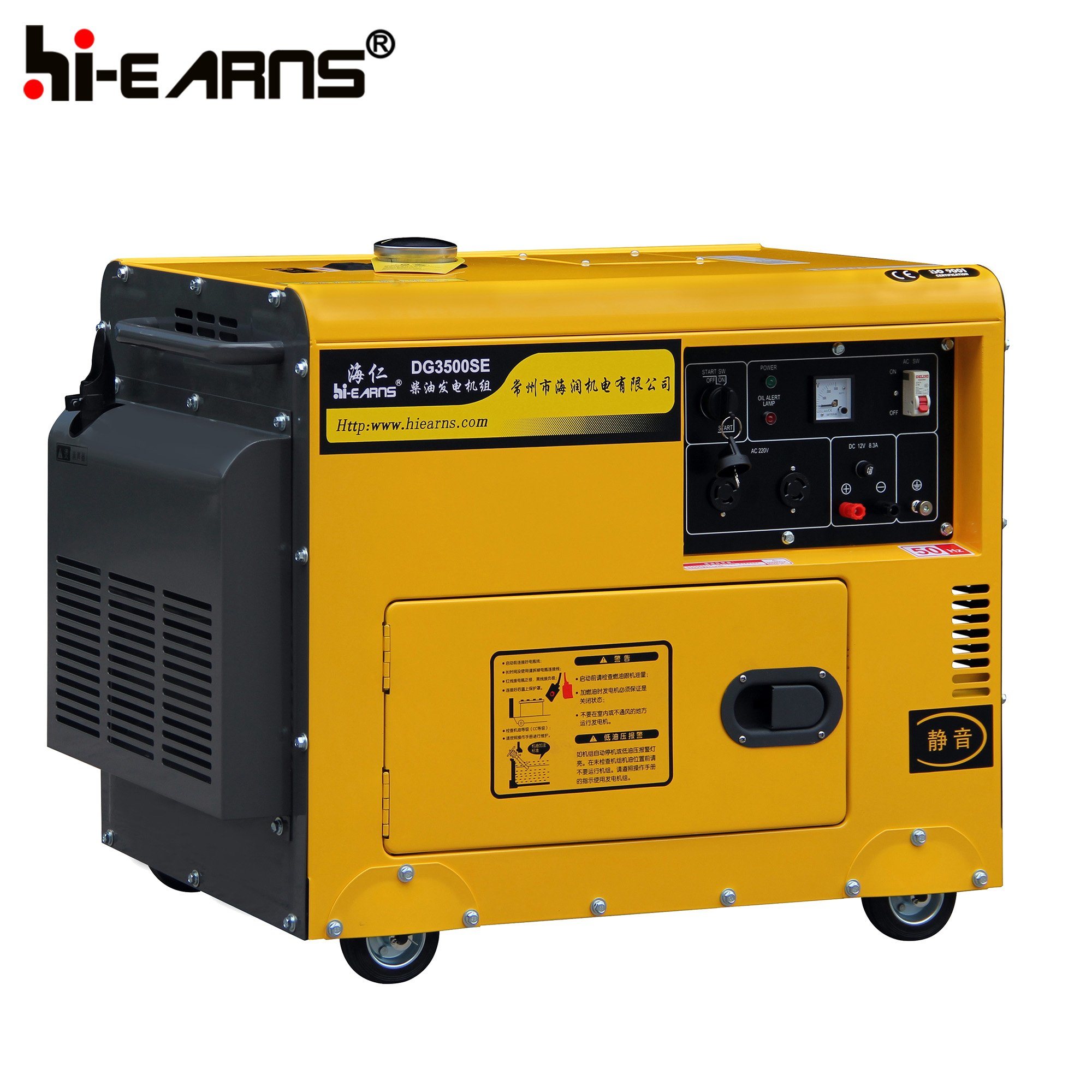Introduction:
In today's modern world, a stable and reliable power supply is essential for the smooth operation of various industries and households. However, with the increasing demand for electricity and the growing complexity of power grids, maintaining a consistent frequency becomes a challenging task. This is where diesel generators play a crucial role in providing frequency control and ensuring uninterrupted power supply. In this article, we will explore the importance of diesel generators in frequency control and how they help in stabilizing the grid.
1. Understanding Frequency Control:
Frequency control refers to the ability to maintain a stable and consistent frequency in an electrical power system. In most countries, the standard frequency is 50 or 60 Hz, which ensures synchronization between generators and prevents damage to electrical equipment. If 400kw diesel generator from the desired value, it can lead to equipment failures, tripping of circuit breakers, and even blackouts.
2. Challenges in Frequency Control:
Maintaining frequency control poses several challenges, especially in large power systems. With the integration of renewable energy sources, such as wind and solar, the variability of power generation increases, making it more difficult to balance supply and demand. Additionally, unforeseen events like sudden changes in load or the unexpected loss of a generator can cause frequency fluctuations.
3. Role of Diesel Generators in Frequency Control:
Diesel generators are widely used for frequency control due to their ability to respond quickly to changes in demand and provide reliable power. Unlike renewable energy sources, diesel generators can be dispatched on demand and provide a stable power supply regardless of external factors. They act as a backup power source during emergencies and help maintain frequency stability in the grid.
4. Automatic Generation Control (AGC):

Automatic Generation Control (AGC) is a key mechanism used for frequency control in power systems. It involves continuously monitoring the frequency and adjusting the power output of generators to match the load demand. Diesel generators equipped with AGC systems play a vital role in maintaining grid stability by responding rapidly to frequency deviations and providing additional power when required.
5. Load Following and Peak Shaving:
Diesel generators are capable of load following, which means they can adjust their power output in response to changing load demands. During periods of high demand, diesel generators can provide additional power, helping to stabilize the frequency. They can also be used for peak shaving, where they provide extra power during peak hours to reduce the strain on the grid.
6. Black Start Capability:
In the event of a complete power outage or a grid failure, diesel generators with black start capability can be used to restart the system. 200kw diesel generator for mobile clinics refers to the ability of a generator to start without an external power source. This feature is particularly important in maintaining frequency control during emergencies and restoring power to critical facilities.
7. Integration with Renewable Energy Sources:
With the increasing penetration of renewable energy sources in the grid, diesel generators can play a crucial role in ensuring frequency control. As renewable sources are subject to weather conditions and intermittent power generation, diesel generators can provide backup power during periods of low renewable generation or sudden fluctuations in supply.
8. Advancements in Diesel Generator Technology:
Over the years, diesel generator technology has advanced significantly, making them more efficient, reliable, and environmentally friendly. Modern diesel generators are equipped with sophisticated control systems, improved fuel efficiency, and reduced emissions. These advancements contribute to better frequency control and minimize the environmental impact of diesel generators.
9. Frequency Control Strategies:
Various frequency control strategies are employed to maintain stability in power systems. These include primary control (droop control), secondary control (AGC), and tertiary control (economic dispatch). Diesel generators play a crucial role in all these strategies, ensuring that the frequency remains within acceptable limits and preventing disturbances in the grid.
10. Conclusion:
In conclusion, diesel generators are indispensable in maintaining frequency control and ensuring a stable power supply in modern power systems. Their ability to respond quickly to changes in demand, provide backup power during emergencies, and integrate with renewable energy sources makes them an essential component of the grid. As technology continues to advance, diesel generators will become even more efficient, reliable, and environmentally friendly, further enhancing their role in frequency control.
